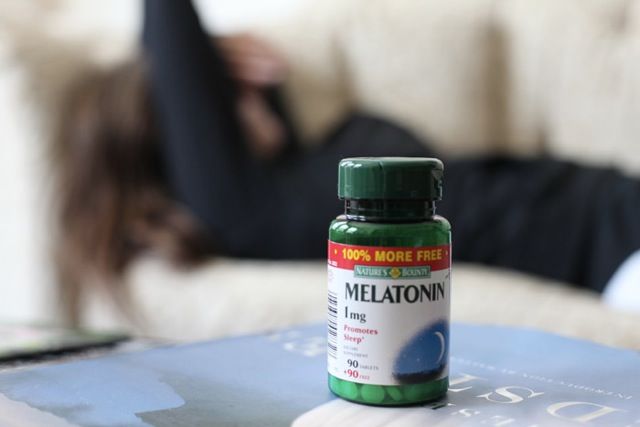
Retinaldehyde vs. Retinol: The Smackdown You Didn't Know Your Skin Needed
- Sep 5, 2024
Let us cut the crap and get real. Retinaldehyde and Retinol both sound like they were conjured up in a nerdy scientist's lab. But they've been lurking in your skincare products, promising fountain-of-youth effects without a session under the knife or needle.
Meet Retinaldehyde – a less-known yet powerful Vitamin A derivative find its way into some badass skincare products like advanced serums and creams. Don't confuse it with its famous cousin – Retinol. Sure, Retinol is known for battling against wrinkles and uneven skin texture, but Retinaldehyde takes it up a notch – converting into Vitamin A, bringing more power to your game with less irritation.
According to a study that allowed 23 brave souls to be guinea pigs for eight weeks in 2021, Retinaldehyde makes a big difference. It's going to supercharge collagen production, improving your skin's elasticity, and firmness, all while saving you the sting caused by other aggressive retinoids.
Stay smart and introduce it gradually into your skincare regimen. Don't go dumping a bucketload on your face. It's typically present in harmless concentrations of 0.05% to 0.1% in skincare products. These concentrations improve skin texture, reduce wrinkles and enhance overall skin appearance, making you less vampire-like without any adverse vampy side effects.
When Retinol and Retinaldehyde throw down, both come with a massive punch to aging. Yes, Retinol is a crowd favorite with extensive skin-renewing properties, but here's the catch – it has to undergo a two-step conversion process to give its effects, slowing things down. And dear old Retinol, while great, may leave you drier than the Sahara.
On the flipside, Retinaldehyde, ever closer to retinoic acid, delivers its magic more promptly, smoothing wrinkles and preventing acne. Despite being gentler, it does come with potential side effects and considerations – redness, peeling, increased sun sensitivity, and an initial stage of dryness while your skin adapts.
It's a potent ingredient, don't mess around with it if you're pregnant, breastfeeding, or allergic to Vitamin A. As always, it's smart to get your skin's Yoda, aka dermatologist, to give you the green light before jumping in headfirst.
Retinaldehyde may not yet be as famous as its acquaintance Retinol, but with proper use, it might just be the secret addition your skin needs to fight against father time. Always remember, no ingredient, no matter how powerful, is a substitute for smart, educated skincare. Know your stuff, start slow, and listen to your skin.






